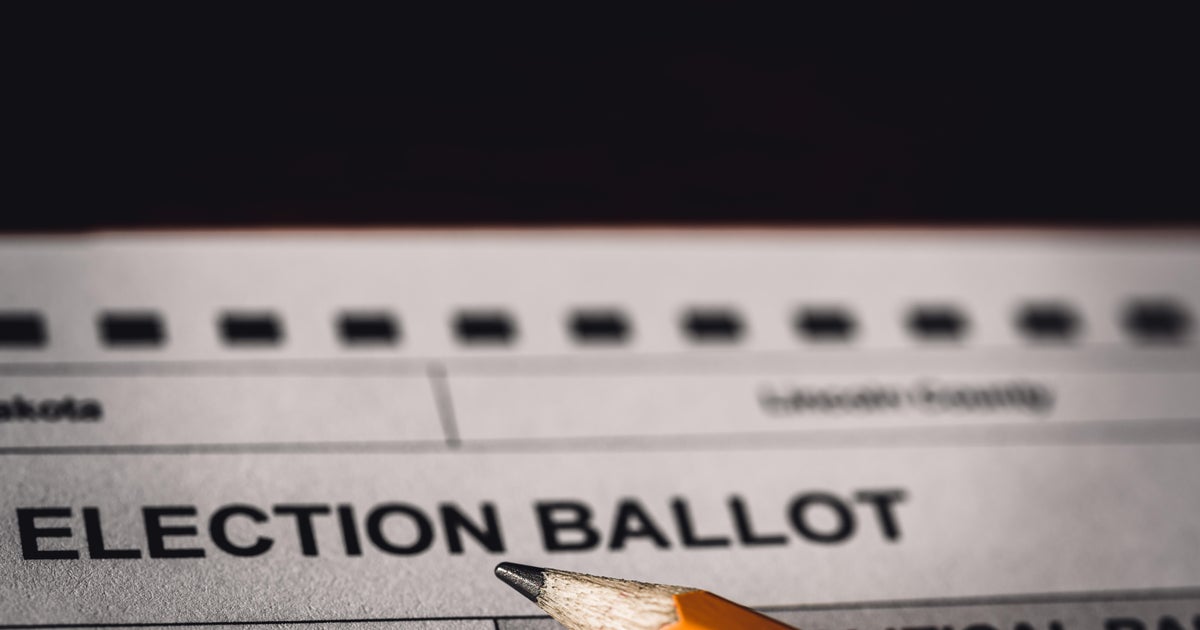Howard Dean to lead new Democratic voter data exchange
Howard Dean is back.
The one-time presidential candidate, former Vermont governor and ex-Democratic National Committee chairman is set to return to prominence as head of a new operation that Democrats hope puts them back on par with Republicans in the never-ending race to use voter data to drive Americans to the polls.
In an interview with The Associated Press, Dean confirmed that he's signed on to lead a planned data exchange hammered out by DNC officials, state party leaders and Democratic consultants. The agreement still requires the expected approval from state party leaders gathering Wednesday in Washington, but it would end more than 18 months of internal party wrangling that has dogged DNC Chairman Tom Perez amid fights over money and control.
"This is a big breakthrough," Dean said. "This is a model we've needed, and Republicans have it already. I'd sort of given up that we could get it done."
The arrangement would allow the national party, state parties and independent political action groups on the left to share voter data in real time during campaigns. That means, for example, that a field worker for a congressional campaign in Iowa and another for an independent political action committee knocking on doors in Florida could update a master voter file essentially as they work. When a presidential campaign spends big money on consumer data to update voter profiles, the new information would go into the file as well. And all participating organizations would have access to the latest information.
Parties, campaigns and PACs use that kind of voter data to decide which voters to call and who to visit in person or to determine which voters receive targeted digital ads on platforms such as Facebook and YouTube, among other things.
Currently, political action groups on the left must gather, update and use data independently from the party.
Perez made a Democratic data exchange a top priority after Republicans used their own version to help Donald Trump win the White House in 2016. But Perez ran into resistance from state parties that have long controlled their own voter files and used them as a revenue source by selling them to candidates.
Party officials say the new model still allows state parties to withhold certain data from the central exchange if they choose and to sell their files to campaigns. And Democrats at party headquarters and in the states say Dean's participation helped allay concerns.
Dean, who ran for the Democratic presidential nomination in 2004 before becoming party chairman, has established relationships with national Democratic heavyweights. He enjoyed special prominence among state parties because of his "50-state strategy" while leading Democrats during President George W. Bush's second term.
"He's really a unique person in the DNC," said Mary Beth Cahill, a top Perez lieutenant who led the negotiations and who managed John Kerry's 2004 presidential campaign that defeated Dean. "Just looking at the landscape, he seems like one of the best signals we could send" to get everyone on board.
Ken Martin, who leads Democrats' state party chairs association, said that he's "had a very good conversation" with Dean and that the pending plan meets "most of our concerns."
The new exchange will operate as an independent for-profit enterprise led by Democratic strategist Jen O'Malley Dillon, once a top adviser to Hillary Clinton's campaign.
Martin and Perez would chair a party committee that would license the party's voter files to O'Malley Dillon's group, which would establish its own agreements with PACs and other groups. Dean would chair the governing board of the new outfit.
Republicans' data trust was a key achievement of then-GOP Chairman Reince Priebus, who wanted an answer to President Barack Obama's effective use of data in his two national victories.
The Republican National Committee's work caught Democrats off guard in 2016 amid widespread scoffing at Trump's loosely organized campaign operation and his open mockery of using data to target voters. But they ignored that the Republican Party machinery had been building its voter files for years with help of other organizations on the right and that Democrats' 2008 and 2012 successes had been Obama's, not the party's.
The GOP's independent group and the Democrats' planned exchange are necessary to comply with Federal Election Commission rules that bar coordination among independent groups, campaigns and certain party organizations.
The FEC didn't waive that ban but blessed the GOP model because, they argue, the exchanges simply allow various organizations to share data — without knowing which organizations have gathered which piece of information. Certain organizations are still banned from coordinating on how they use that data. So a super PAC can't confer with a presidential campaign on which advertising they are running in which swing state. But the groups can make separate decisions with the same dataset.
"This is the single best thing we can do for the nominee" in 2020, Cahill said.



